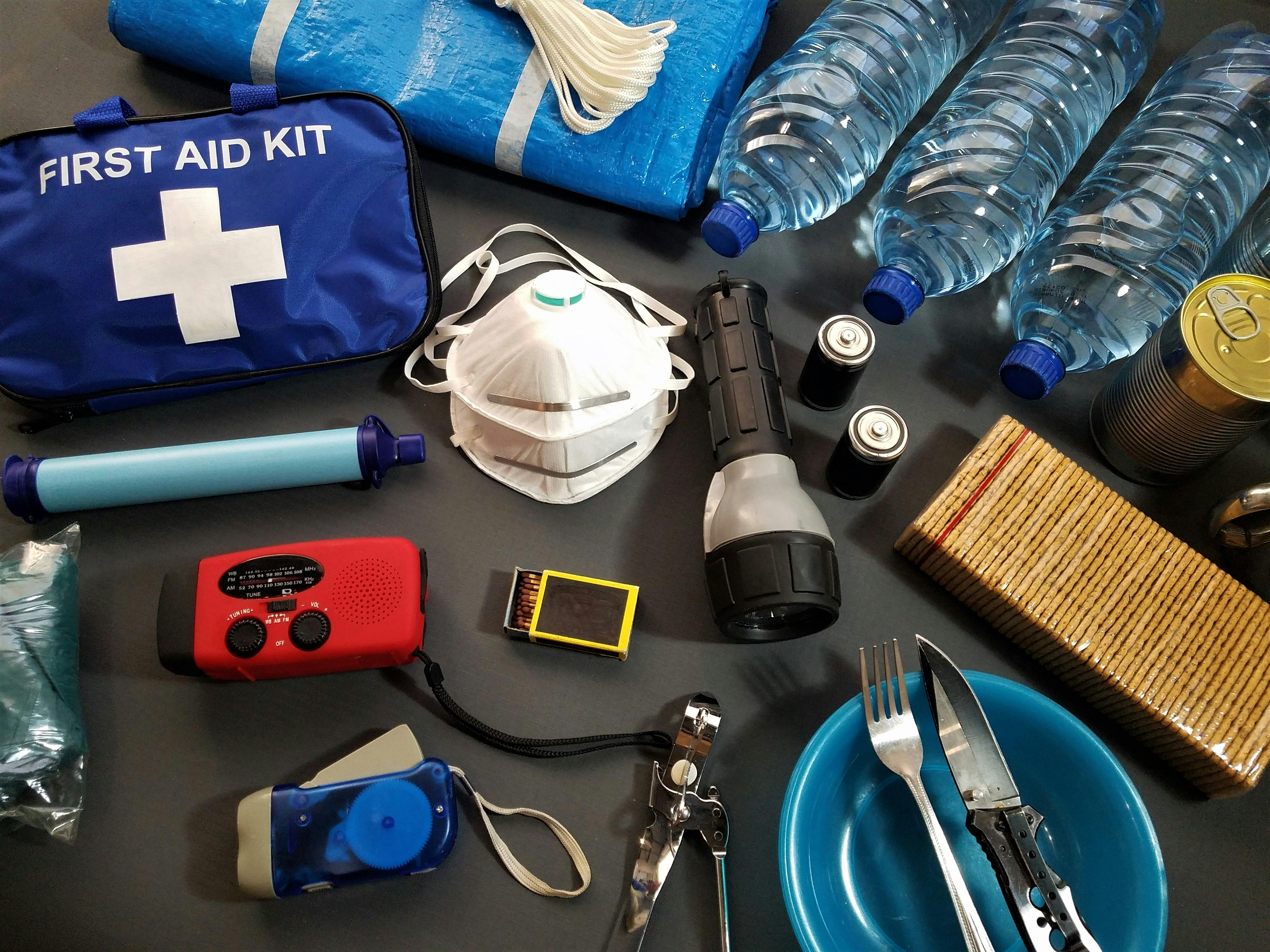If you’re wondering whether or not you can use distilled water in a car battery, the answer is yes. Distilled water is generally considered to be the best type of water to use when topping up a car battery. It has several advantages over tap water and other types of water, making it the preferred choice for keeping your car battery healthy and functioning properly.Distilled water is water that has been boiled and evaporated away from impurities and then condensed back into a liquid. It is free from minerals, salts, and other impurities, making it safe to drink. Distilled water is primarily used for drinking, cooking, and medical purposes, as well as for use in automobiles and other machinery.
The Benefits of Using Distilled Water in a Car Battery
Using distilled water in a car battery can be an important part of keeping it running optimally. Distilled water has several benefits for car batteries, including improved performance, better maintenance, and increased lifespan. It is also essential for preventing corrosion and sulfation buildup.
Distilled water has a much lower mineral content than tap or spring water, making it ideal for use in a car battery. Since the electrolyte solution in a car battery is made up of mostly water and sulfuric acid, any additional minerals in the water can have an adverse effect on battery performance. Adding distilled water to the mix prevents minerals from accumulating inside the cells, which can lead to decreased power output and shorter battery life.
Another benefit of using distilled water is that it helps to prevent corrosion and sulfation buildup. Corrosion occurs when metal parts are exposed to moisture and oxygen, leading to rusting and damage. Sulfation builds up inside the cells when sulfuric acid reacts with other minerals present in the electrolyte solution. This reaction can reduce the amount of energy stored in the cells, leading to decreased performance. By using distilled
Is It Safe To Use Distilled Water In A Car Battery?
Yes, it is safe to use distilled water in a car battery. Distilled water is water that has been purified of all contaminants and minerals, making it ideal for use in batteries. It is also important to note that the water should not be reused as it will no longer be pure and may contain contaminants that could damage the battery.
Using distilled water helps keep your car battery working at its best, as it keeps the internal components clean and free of contaminants. It also helps prevent corrosion and deposits from forming on the terminals of the battery, which can lead to poor performance. The process of filling a car battery with distilled water is relatively simple.
First, you need to make sure that the battery is disconnected from the vehicle or any other power source. Then, open each cell cap on top of the battery and fill with distilled water until each cell reaches the level marked on the side of the casing. Make sure to not fill too high or too low as this can affect performance. Finally, secure all caps tightly before reconnecting the battery to power source.
It is important to monitor
Safety Considerations When Using Distilled Water In A Car Battery
Using distilled water in a car battery is a great way to ensure your battery is kept in optimal condition. However, it is important to take certain safety precautions when using distilled water in a car battery. These precautions are important to keep in mind to avoid any potential hazards or potential damage to the battery.
First, it is important to make sure that the distilled water you are using is clean and free of any contaminants. Contaminants can potentially harm the battery and cause it to malfunction. It is also important to make sure that the distilled water you are using is free from any minerals, as these can corrode the metal parts of the battery and cause it to malfunction or even explode.
It is also important to make sure that the distilled water you are using has been properly stored and sealed. Storing distilled water improperly can lead to contamination, which can lead to damage or malfunction of the car battery. Additionally, it is important to make sure that you are adding just enough distilled water into the battery so as not to overfill it, which could lead to an explosion or other serious damage.
How To Fill A Car Battery With Distilled Water
Filling a car battery with distilled water is an important part of regular car maintenance. The process of filling a car battery with distilled water is simple and requires minimal equipment. It is important to use distilled water, as tap water can contain minerals that can corrode the internal parts of the battery. Before you begin, it is important to make sure that your car’s battery is disconnected from the power source.
First, remove the caps from the top of the battery cells. You may need to use a screwdriver to remove them. Once they are off, use a funnel or pitcher to fill each cell with distilled water. Make sure not to overfill; the level should be just below the bottom of each cap. When all cells have been filled, replace the caps and tighten them securely.
Next, you will need to check that each cell has been filled properly by measuring their specific gravity with a hydrometer. This device measures how much sulfuric acid has been diluted in each cell and will let you know if any cells need additional water

What Happens If You Put Distilled Water In An Old Car Battery?
Using distilled water in an old car battery can be a risky move as it can cause more harm than good. When filling up a car battery with fluid, it is important to use the correct type of liquid. Distilled water is not the ideal choice for an old car battery because it does not contain any minerals or electrolytes that are needed for the battery to work properly.
When distilled water is used in an old car battery, the electrolyte levels can become depleted over time, leading to reduced performance and eventually failure. Without enough electrolytes, the cells within the battery will not be able to produce enough energy to power the vehicle. This could lead to a decrease in acceleration and overall power output from the engine.
The lack of electrolytes and minerals can also cause corrosion on the internal components of the battery, leading to accelerated wear and tear over time. This corrosion can damage other parts of your vehicle’s electrical system as well, resulting in costly repairs down the line.
In order to keep your old car battery running properly, it is important to use the correct
Adding Distilled Water to Your Car Battery
Adding distilled water to your car battery can help maintain its performance and extend its life. The electrolyte solution in your car’s battery is a mixture of sulfuric acid and water. Over time, the water in the solution breaks down due to heat and other factors, leaving the acid behind and making it harder for the battery to hold a charge. Adding distilled water replenishes the electrolyte solution, allowing it to keep working optimally.
It’s important to use distilled water when adding liquid to your car battery, as tap or mineral water may contain minerals that can damage it over time. Additionally, you should only fill the cells of your battery up to about two-thirds of their capacity with distilled water; filling them completely can cause overflow when the battery charges.
If you find that you must add water frequently in order for your car’s battery to work properly, it may be time for a new one. You should also inspect both the terminals and cables regularly for signs of corrosion or damage and clean them with a wire brush if necessary. Taking these precautions will help ensure that your
Can Adding Too Much Distilled Water Damage Your Car Battery?
Adding too much distilled water to your car battery can damage it, as well as reduce its lifespan. Distilled water is essential for keeping the electrolyte levels in car batteries at the right level. However, if you overfill it with distilled water, the electrolyte solution can become too dilute and cause corrosion inside the battery. This can lead to a variety of issues with your battery, such as reduced capacity, increased self-discharge, and even damage to the internal plates.
It is important to note that you should never add distilled water to a fully-charged battery. Doing so could cause an electric current to flow through the electrolyte solution which could damage delicate components of the battery. Additionally, topping up your car battery with too much distilled water can result in a build-up of hydrogen gas which could potentially be hazardous if it ignites or explodes.
The best way to ensure that your car battery does not become damaged from adding too much distilled water is to consult your vehicle’s manual or seek advice from a professional mechanic before attempting any maintenance on your car

Conclusion
In conclusion, using distilled water in a car battery is a safe and effective way to maintain its life. It is less likely to corrode the terminals, leading to improved performance and a longer lifespan. Distilled water is also generally cheaper than other fluids, so it can be an economical solution for those on a budget. However, it’s important to remember that distilled water should never replace the electrolyte solution in a wet-cell battery as it will not provide the necessary charge. For maximum efficiency, always check with your vehicle’s manufacturer before adding any liquids to your car battery.
Ultimately, distilled water can be an excellent choice for maintaining your car battery. Its low cost and ability to prevent corrosion make it an ideal choice for keeping your vehicle running smoothly. With regular maintenance and proper care, you can keep your car’s battery running strong for many years to come.

